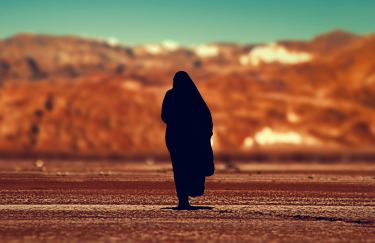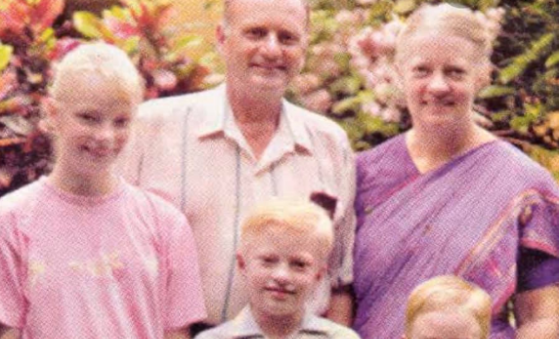
A Christian mother of three in Pakistan has been abducted, raped, and forced to convert to Islam in a deeply troubling case that highlights the growing persecution of religious minorities in the country.
The woman, from Pattoki Tehsil in Punjab province, was allegedly kidnapped by a man named Muhammad Asif Sadiq. According to reports, she was taken at gunpoint while leaving her workplace and then held for several days, during which she was tortured and sexually assaulted.
Her husband, Asif Maih, said that this was the second time his wife had been abducted by the same man. The attacker reportedly forced her into a fake Islamic marriage and threatened the family if they resisted. The couple believe they were targeted because of their Christian faith and poor financial situation.
Following her escape and return home, the woman’s husband filed a complaint with the police. However, local authorities have been slow to act. The accused was granted bail, and the family claim police initially refused to file stronger charges without payment.
Christian lawyer Sumera Shafique is now representing the family. She has ensured a medical examination was completed and has submitted legal documents to support the case. Shafique is working to have more serious charges added, including rape and forced religious conversion. Under Pakistani law, rape is punishable by life imprisonment or even the death penalty.
This incident is part of a wider pattern in Pakistan, where Christians, who make up less than 2 percent of the population, are often victims of abduction, forced conversion, and violence. Legal experts say that poverty, lack of legal representation, and religious discrimination make it extremely difficult for Christian victims to find justice.
While Pakistani law provides severe penalties for such crimes, enforcement is often inconsistent, especially when minorities are involved. Christian leaders and human rights advocates continue to urge the government to uphold the law fairly and protect vulnerable communities from abuse.




